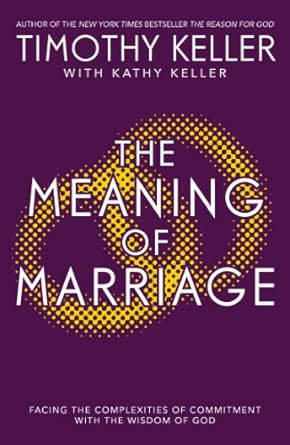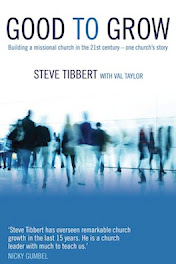I had it in my heart to build a house as a place of rest for the Ark of the covenant of the Lord. 1 Chron. 28:2
David was living with a major plan. His sin with Bathsheba, and the consequent attempt to cover it by setting up Uriah’s death, had resulted in a public condemnation by the prophet Nathan and he had been dealt with by God. He was passionate for God – he had a dream to build a place for God to dwell, a place to honour God.
What’s on your heart? What has God called you to do with your life? It could be to establish a great home or a great church or school, or build a career. Perhaps it would be to have a great marriage or raise great children – all good dreams. But what has
God called you to do? When you are old and grey and you look back, what will you look at with no regrets as having fulfilled the dream in your heart? I've said this before - we only have one go at life and I want to make it count! Search your heart, ask God - and use your imagination.
I love this definition of ‘vision’ –
a preferable picture of the future that inspires you to perform. So use your imagination, whether for your job or career, your family, your marriage, or a new venture - and look ahead. We have that for the church here at King’s – we believe God is calling us to build a church of some 5000 people – a big dream and one beyond us to achieve! It’s good to have a dream that is beyond our ability to deliver – it requires God to move for it to be fulfilled. So don’t set the bar too low; choose something that isn’t totally unrealistic but something that God needs to move forward to make it happen.
Paul puts it like this in Philippians 3:12 –
But I press on to take hold of that for which Christ Jesus took hold of me. Can I ask – what your ‘that’ is? What has God given you to do in your generation? Whether as a leader at work or in the church, or in your family... When you know, when you have found out what ‘it’ is, write it down – ‘
My dream is this... I believe God has called me to...’
You will have aspirations for your marriage and your children too and if only all it required to make it happen was just saying it...! It’s going to take prayer, hard work and commitment along with the work of God, but you have to start with a dream.








